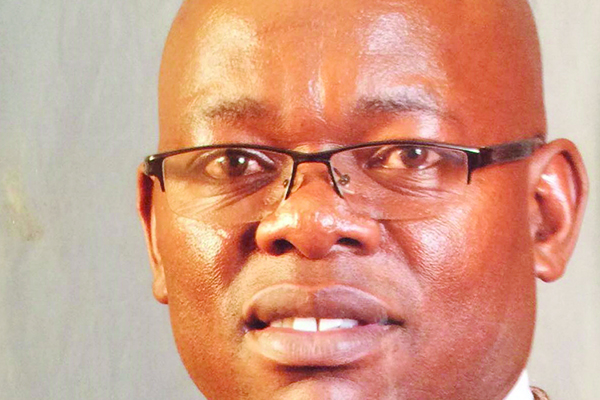
THE negative impact of the prohibitive maternity fees recently introduced by Harare City Council, is beginning to show with reports that less women are registering to give birth at these health facilities.
BY PHYLLIS MBANJE
Since the introduction of the fees, there has been low traffic of pregnant women as they are finding it difficult to raise the required $120.
Last week, at council clinics such as Hatcliffe many women went back home without receiving services after failing to come up with the required new fees.
The local authority has defended the increase with spokesperson Michael Chideme recently saying they had only adjusted the fees to the interbank rate.
This came against the backdrop that 143 women have died during child birth since the beginning of the year.
The weekly surveillance report from the Health ministry stated that six maternal deaths were reported during the week ending July 14, bringing the total number to 143 this year. The deaths were reported from northern district 1, Harare Central 2, Chitungwiza 1, UBH and Makonde in Mashonaland West.
Zimbabwe remains one of the countries with high maternal deaths of around 625 per 100 000 live births.
- Chamisa under fire over US$120K donation
- Mavhunga puts DeMbare into Chibuku quarterfinals
- Pension funds bet on Cabora Bassa oilfields
- Councils defy govt fire tender directive
Keep Reading
“Considering that council clinics in Harare have decided to hike maternity fees to $120 we are concerned that our central hospitals in Harare might be overwhelmed as people shun council clinics. Sadly, this congestion can only result in poor and shoddy services,” said Fungisayi Dube of the Citizens Health Watch.
Parirenyatwa Group of Hospitals spokesperson Lenos Dhire said they are yet to experience the effects of the hike, but would act accordingly when the situation required it.
“For now, we expect to get the usual category of patients who are referrals and emergencies. We are yet to see the impact of the increase in fees by council,” he said.
Without health insurance, expectant mothers face dire straits if they want to have prenatal care and deliver in a hospital, which costs a lot more, assuming they have a complication-free pregnancy.
As a result, many women avoid proper medical care and maternal mortality in this country is dismally high.
According to the latest United Nations global estimates, 303 000 women a year die during childbirth, or as a result of complications arising from pregnancy. This equates to about 830 women dying each day – roughly one every two minutes.
In a new analysis on maternal health, United Nations Children’s Fund (Unicef) has said more than 1,9 million families across Africa spend over 40% of their non-food household expenses on maternal health services every year.
“For far too many families, the sheer costs of childbirth can be catastrophic. If a family cannot afford these costs, the consequences can even be fatal,” Unicef executive director Henrietta Fore said. “When families cut corners to reduce maternal health care costs, both mothers and their babies suffer.”
The majority of deaths are from conditions that can be prevented if women receive the right medical care throughout their pregnancies and during birth. Severe bleeding and infections after childbirth are the biggest killers, but high blood pressure, obstructed labour and unsafe abortions all contribute.
The Guttmacher Institute estimates that just over half of women in Africa will give birth in a health centre, compared to more than 90% in Latin America.











